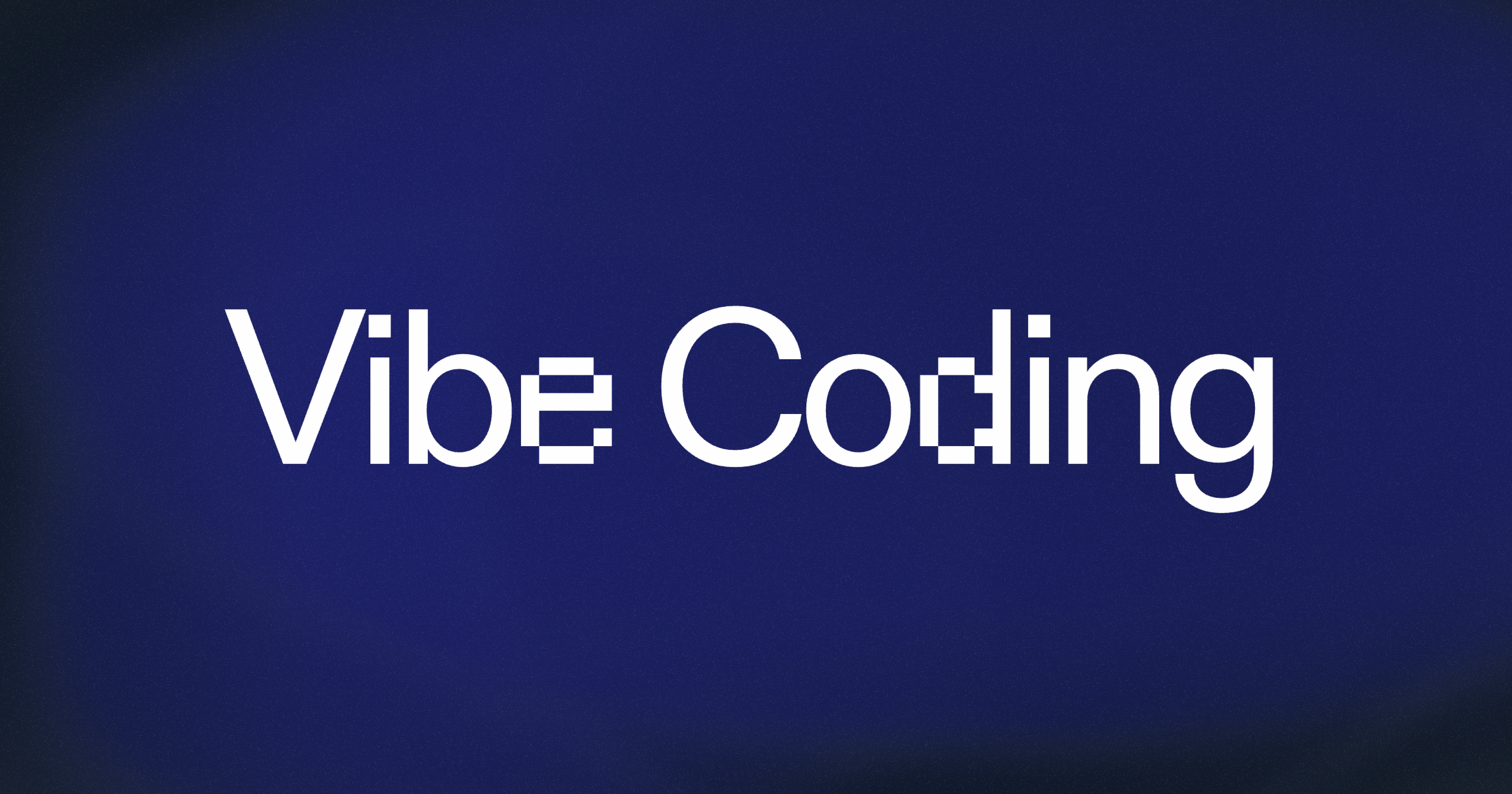Vibecode App Advances AI-Powered Development, Streamlining Mobile App Creation

A new development in the "vibe coding" movement has emerged with the promotion of the "Vibecode app," an AI-powered tool designed to simplify mobile application development. The app, which allows users to generate apps through natural language prompting, was recently highlighted by "AK" on social media, linking to its platform. This announcement signifies a growing trend towards democratizing app creation for a wider audience.
The concept of "vibe coding," coined by AI researcher Andrej Karpathy in February 2025, refers to an approach where AI agents write code based on natural language descriptions, shifting the focus from manual coding to guiding AI. The Vibecode app embodies this philosophy, aiming to make app development accessible even for those without extensive programming knowledge. According to its Apple App Store description, users can "simply generate apps with prompting" and "view and test your app on your phone."
Vibe coding tools like Vibecode are designed to accelerate the journey from idea to functional application, promoting a "code first, refine later" mindset. This paradigm allows creators to concentrate on the desired outcomes and user experience, while the AI handles the technical implementation. The app's features include the ability to improve and complete development iteratively, although it notes that "some programming knowledge may be ideal" for developers.
The broader "vibe coding" trend, supported by platforms such as Replit and Cursor, emphasizes rapid prototyping and iterative development. While these AI-driven methods offer significant advantages in speed and accessibility, industry experts also acknowledge challenges related to complex technical requirements, code quality, debugging, and security. Nevertheless, the continued evolution of such tools, including the Vibecode app, suggests a transformative shift in how software is created.
The emergence of user-friendly platforms like Vibecode underscores the increasing capability of AI to streamline complex technical processes. This advancement holds strategic implications for startups and individual innovators, potentially lowering barriers to entry for new digital products and fostering a new wave of creativity in the mobile app ecosystem.